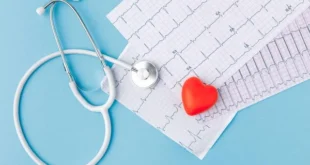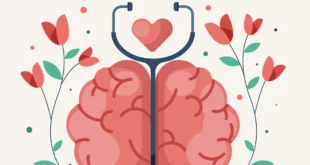By: Michelle Hua
In the history of medicine, arguably one of the most important inventions is antibiotics. Millions of lives have been saved by antibodies, and death rates have dropped significantly with each invention. However, antibiotics can be potentially dangerous in certain cases, and now in modern times, we are facing the issue of overuse of antibiotics, which may lead to even more dangerous possibilities.
Antibiotics are medicine that targets bacteria inside your body. By definition, any drug that kills bacteria or stops it from reproducing is an antibiotic. While antibiotics are very effective against bacteria, they are unable to treat viruses, as viruses aren’t alive and therefore can’t be killed. Penicillin, amoxicillin, doxycycline, and many more are all considered antibiotics.
While antibiotics are extremely helpful for curing bacterial infections, antibiotics can cause issues in your body. One main issue is that your digestive system is full of bacteria, and while some are bad for you, many are good but are still targeted by antibiotics. This may cause vomiting, nausea, diarrhea, and other side effects when taking antibiotics. A larger, worldwide issue caused by the overuse of antibiotics is antibiotic resistance. As more and more people use antibiotics, bacteria are slowly developing a resistance to them. Soon, bacteria may evolve to be completely resistant to antibiotics, which may give rise to new superbugs that can’t be stopped by modern medicine.
Though this future of ineffective antibiotics is inevitable, we can take steps to slow this process down. The main solution to this is to take as few antibiotics as possible. When taking antibiotics, don’t take them for longer than necessary, and when you have mild symptoms that can be treated by antibiotics, choose not to take them. This can help to prevent the bacteria from mutating as fast and slow the progress of antibiotic resistance.
While antibiotics can treat many illnesses, overuse of this can cause issues to individual people and humanity in general. However, by using them sparingly, we can help to keep antibiotics effective for a much longer time.
 Tempus Magazine By Students, For Students
Tempus Magazine By Students, For Students 



